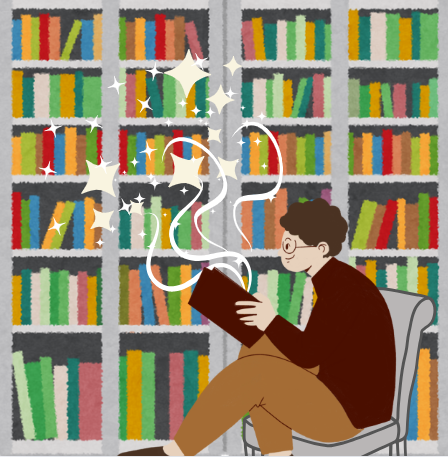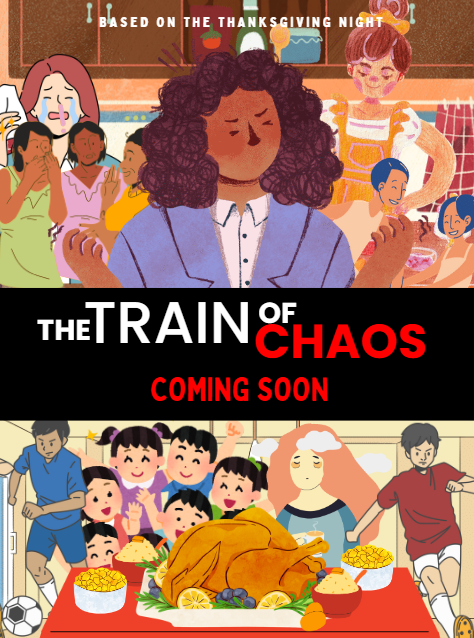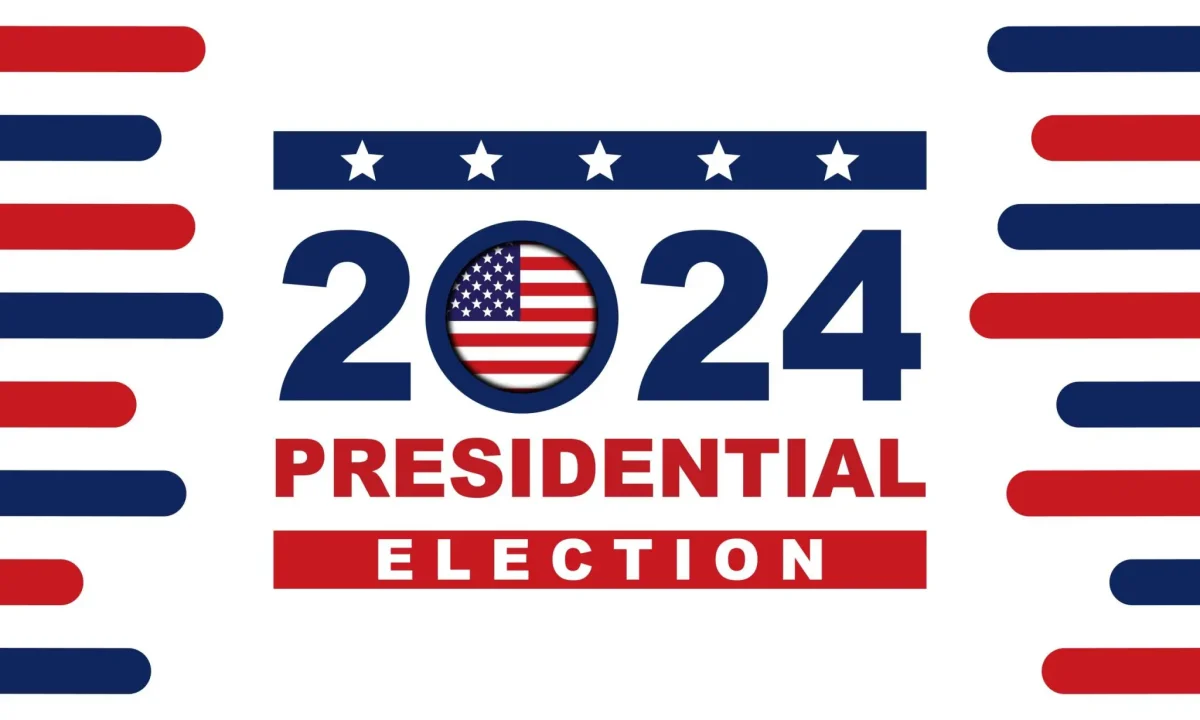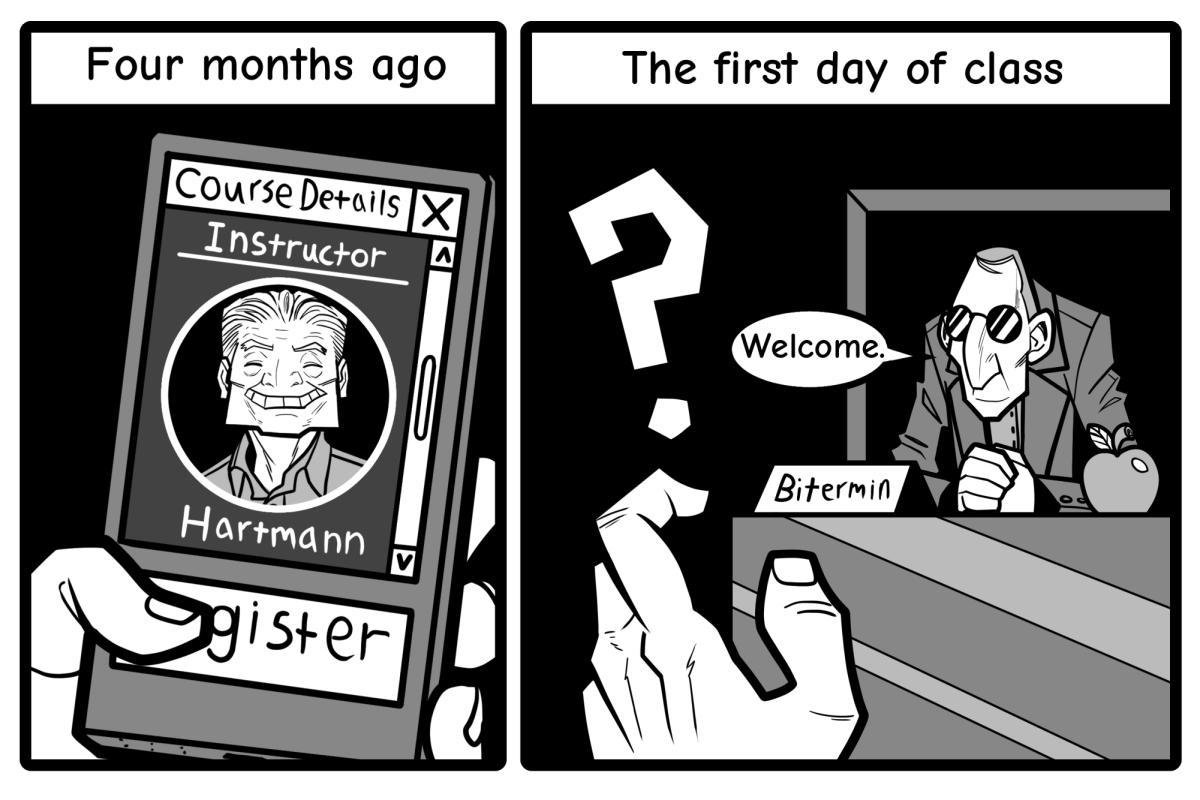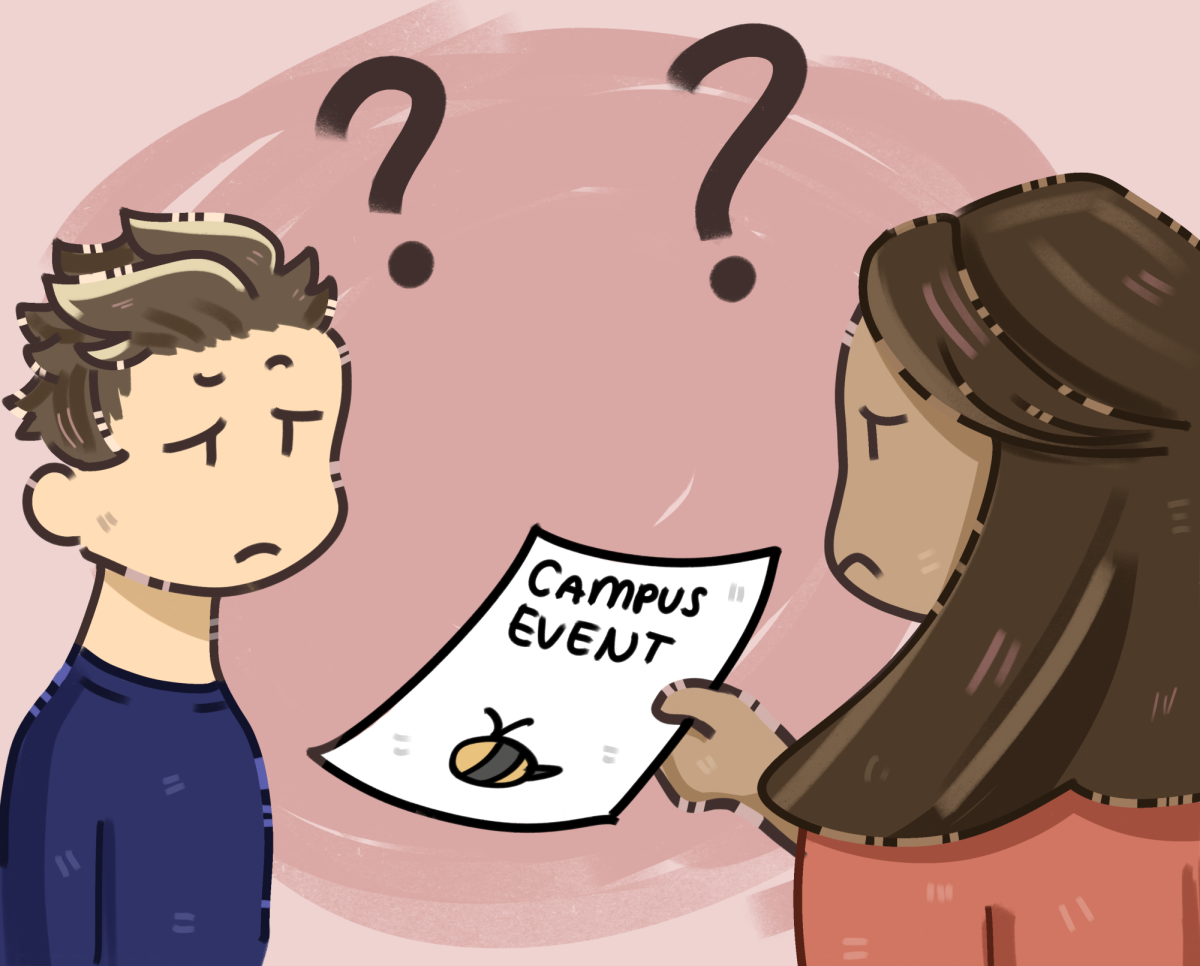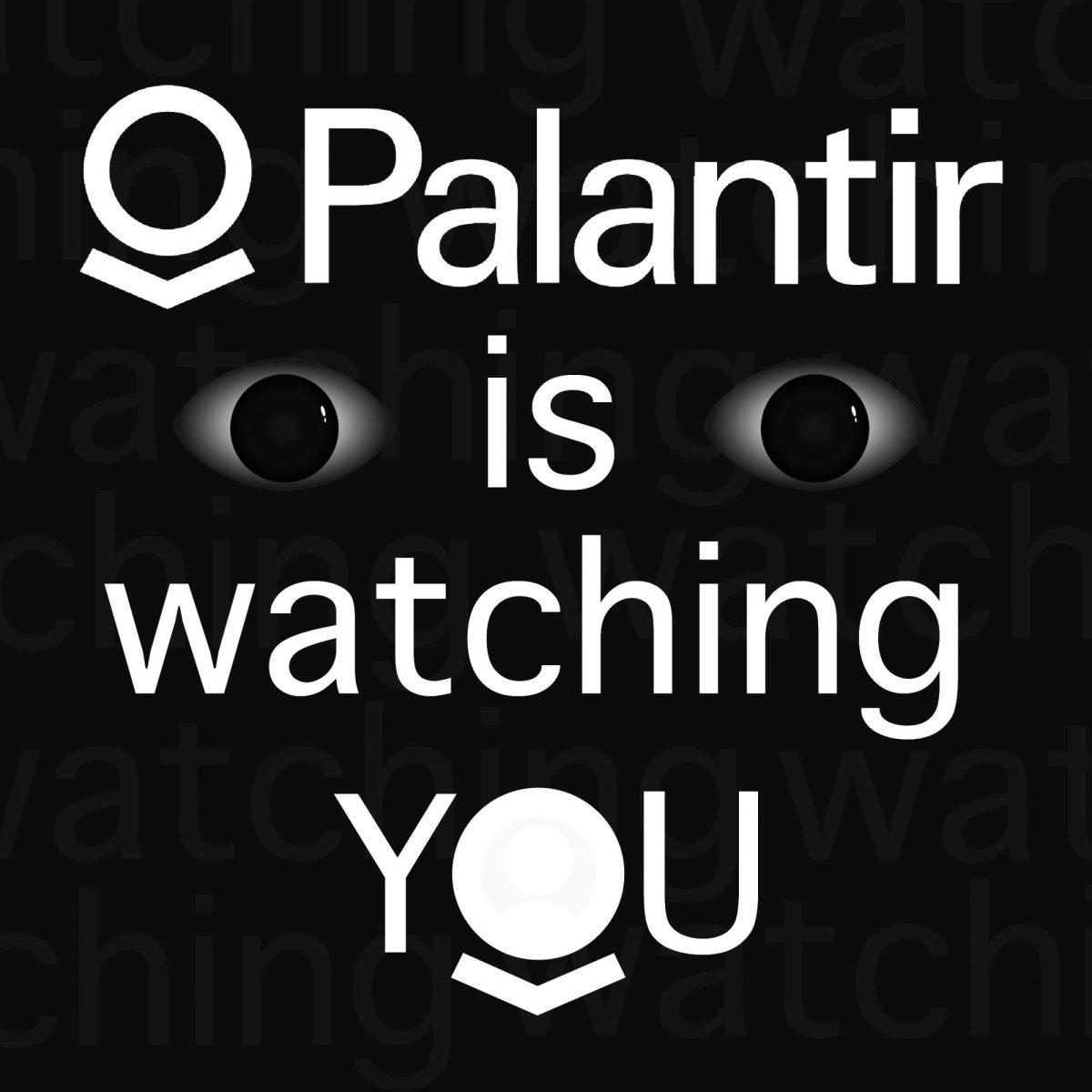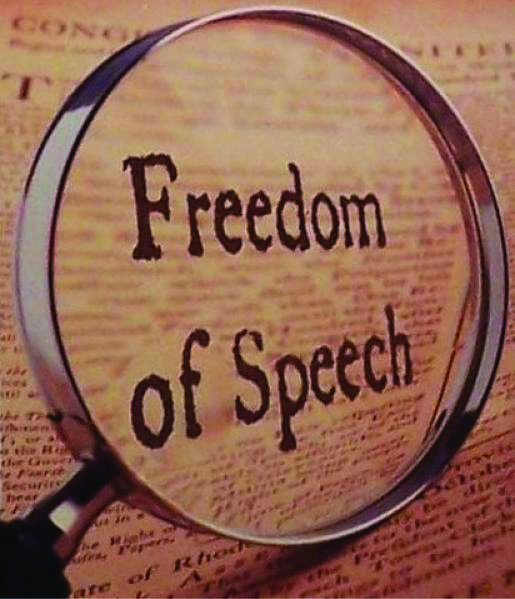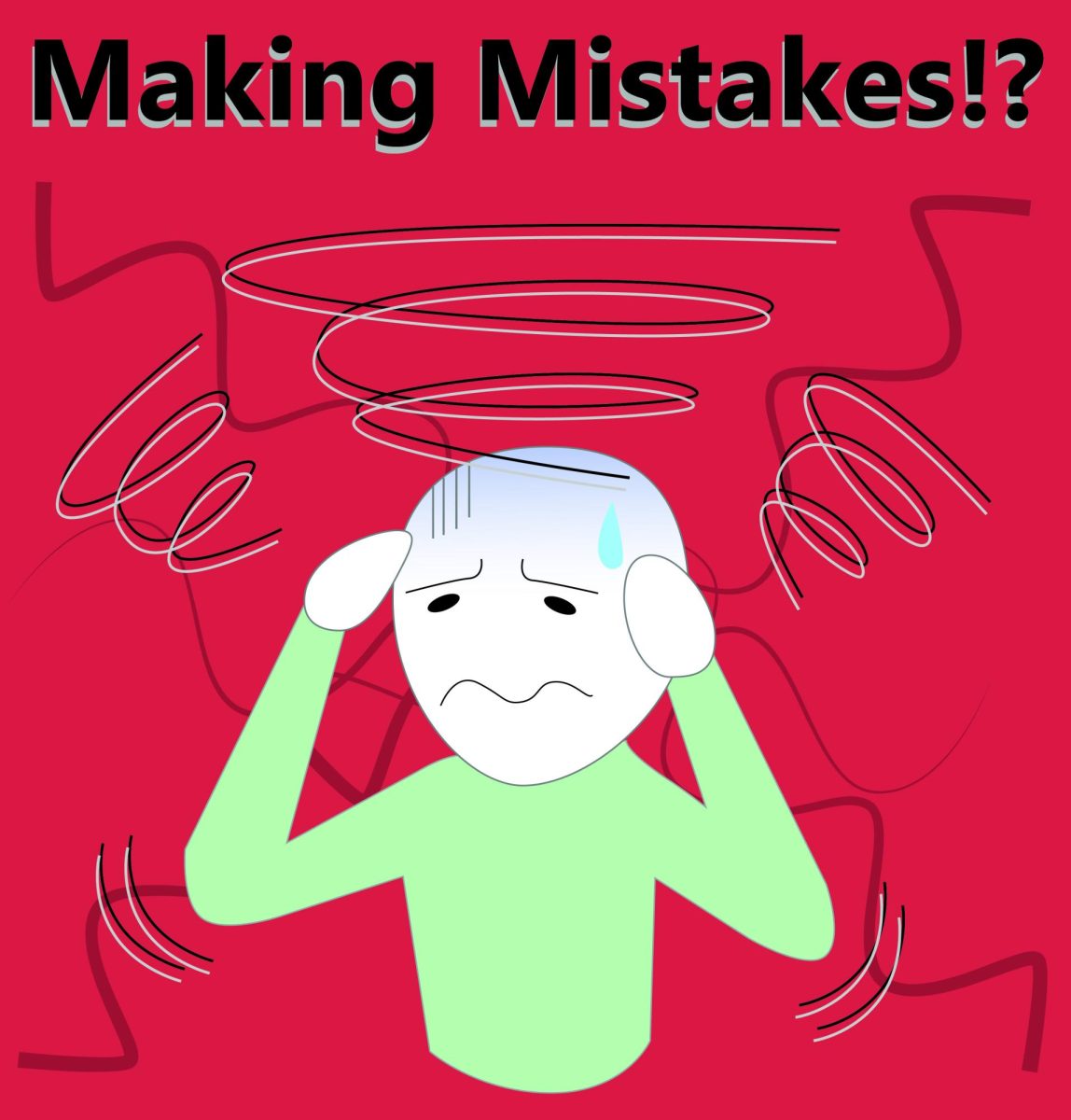
After a recent proposal to the Dallas County Community College District board, the district is considering implementing a new “inclusive tuition” plan.
While the proposal would cut the average DCCCD student textbook costs by more than 50 percent, it would do so by effectively raising the overall tuition costs for many students and limiting the methods in which students can acquire textbooks.
In a Nov. 26 email sent to faculty and staff, terms like “a transition to an inclusive tuition” and “removing barriers to success” are used to describe processes in the proposal that would raise tuition costs for all, but not to the benefit of everyone, and would remove their freedom to search for cheaper alternatives such as used or rental textbooks.
This proposal was likely made with good intentions, but how could raising tuition costs and eliminating the textbook market help students when college tuition costs have been steadily outpacing inflation for several years?
The cost of textbooks in the U.S. has risen more than 1,000 (yes, one thousand) percent, or more than three times the rate of inflation, according to Bureau of Labor Statistics data.
The DCCCD may counter this argument by citing their presentation about the average cost per credit hour dropping, but think about the staggering price differences of many textbooks between all academic disciplines.
Students who generally pay below $50 or less for their textbooks shouldn’t be forced to pay more to help students who spend more than $150 on textbooks.
The DCCCD presentation claims “77 percent of faculty use required textbooks in class almost every class,” but many students can attest that this isn’t the case — many professors teach students everything they need to know in lecture — so having an additional $60 or $80 slapped on to some students’ tuition certainly won’t help.
The sources of information and statistics provided by the DCCCD are also unclear. The district uses the Follett bookstores on campus as a source, according to the district’s chief financial officer. But neither the DCCCD nor Follett has replied to emails requesting the methodology of the study. Did Follett find out how many students bought books from sources other than the bookstore? Did they consider classes that did not require textbooks? These factors could affect the argument for raising tuition.
Open-source textbooks and learning materials are a topic that we believe the student body would be more accepting of, not one that raises the price of textbooks for some students and lowers it for others.
This is “textbook socialism” waiting to go wrong. We think there must be a better way. We hope the district considers all alternatives and acts in a way beneficial to all students.


